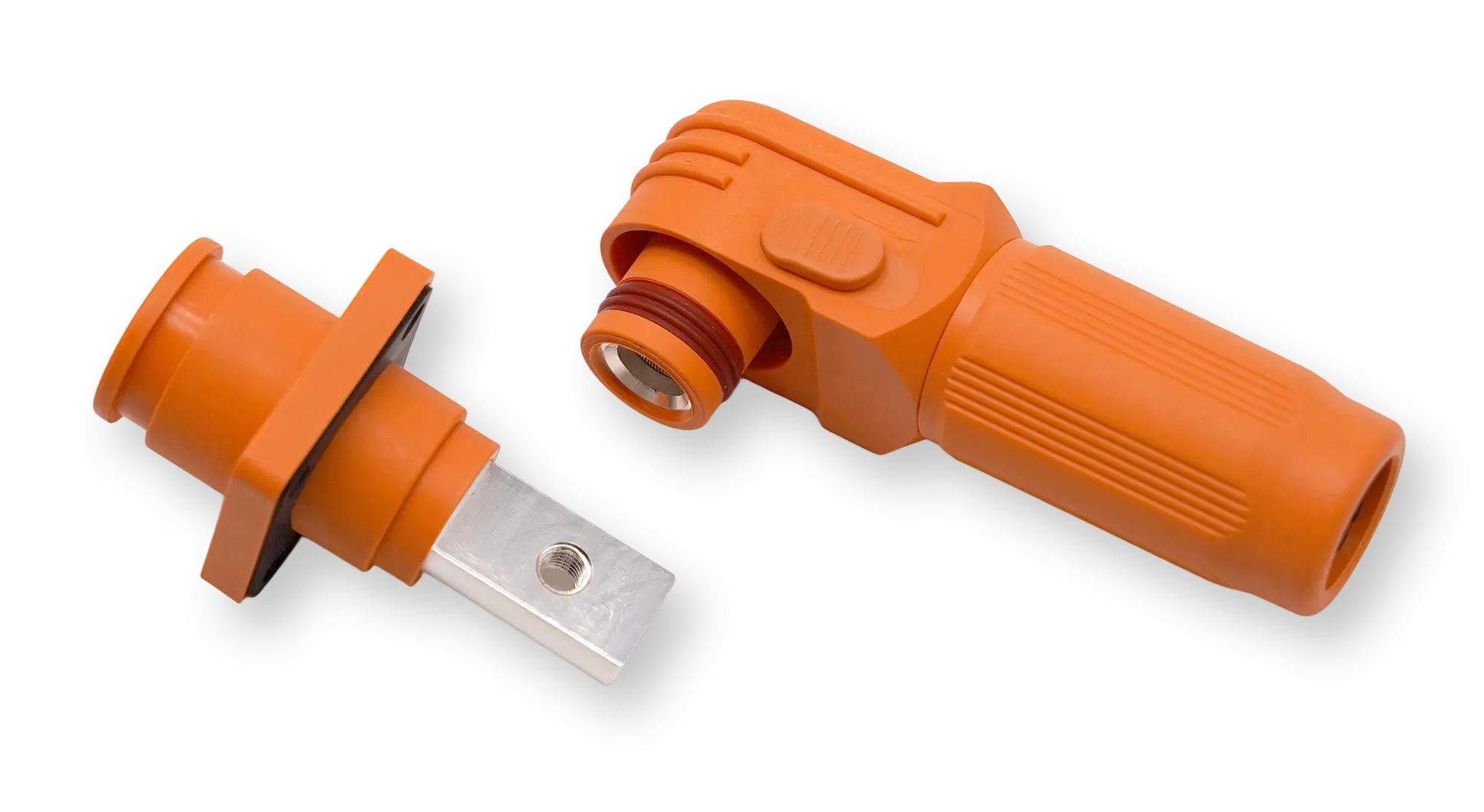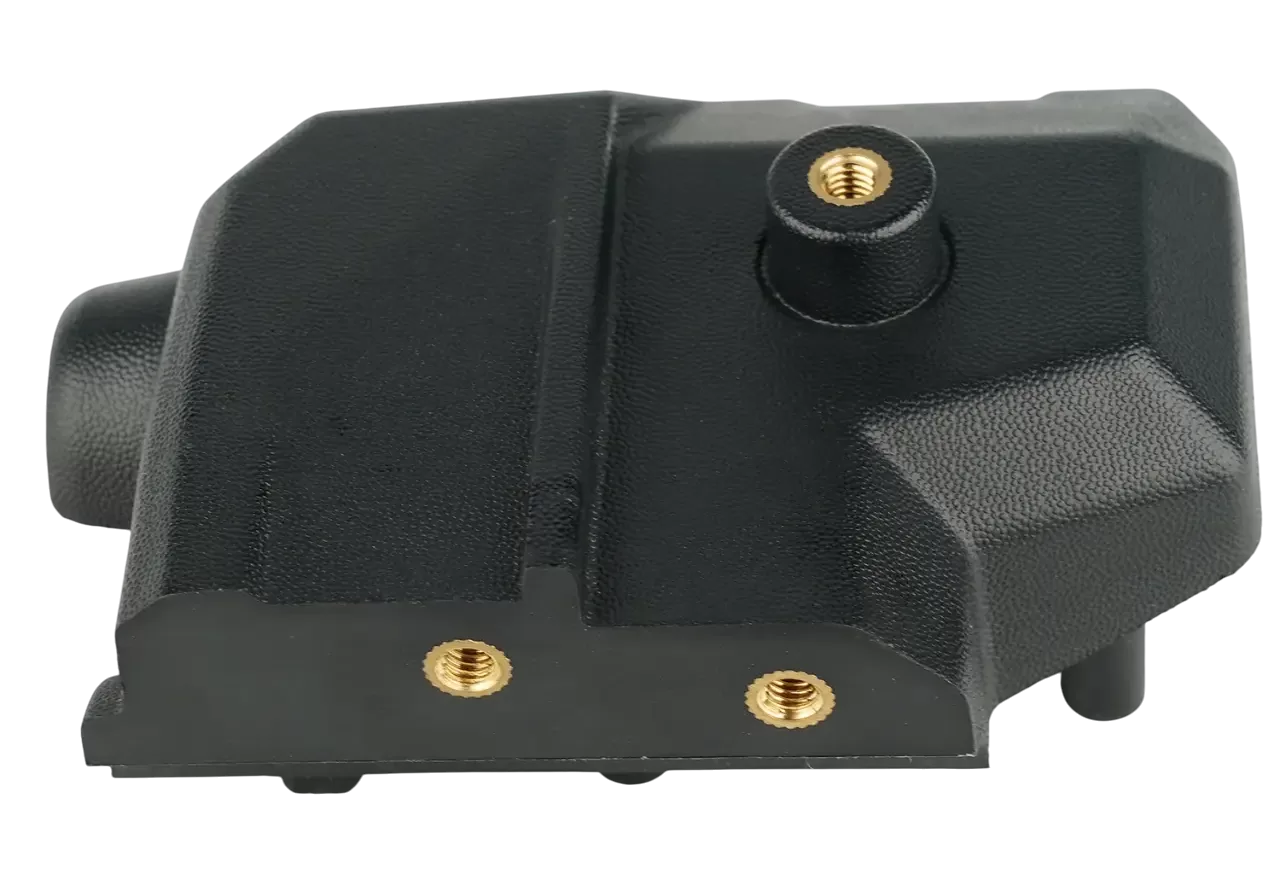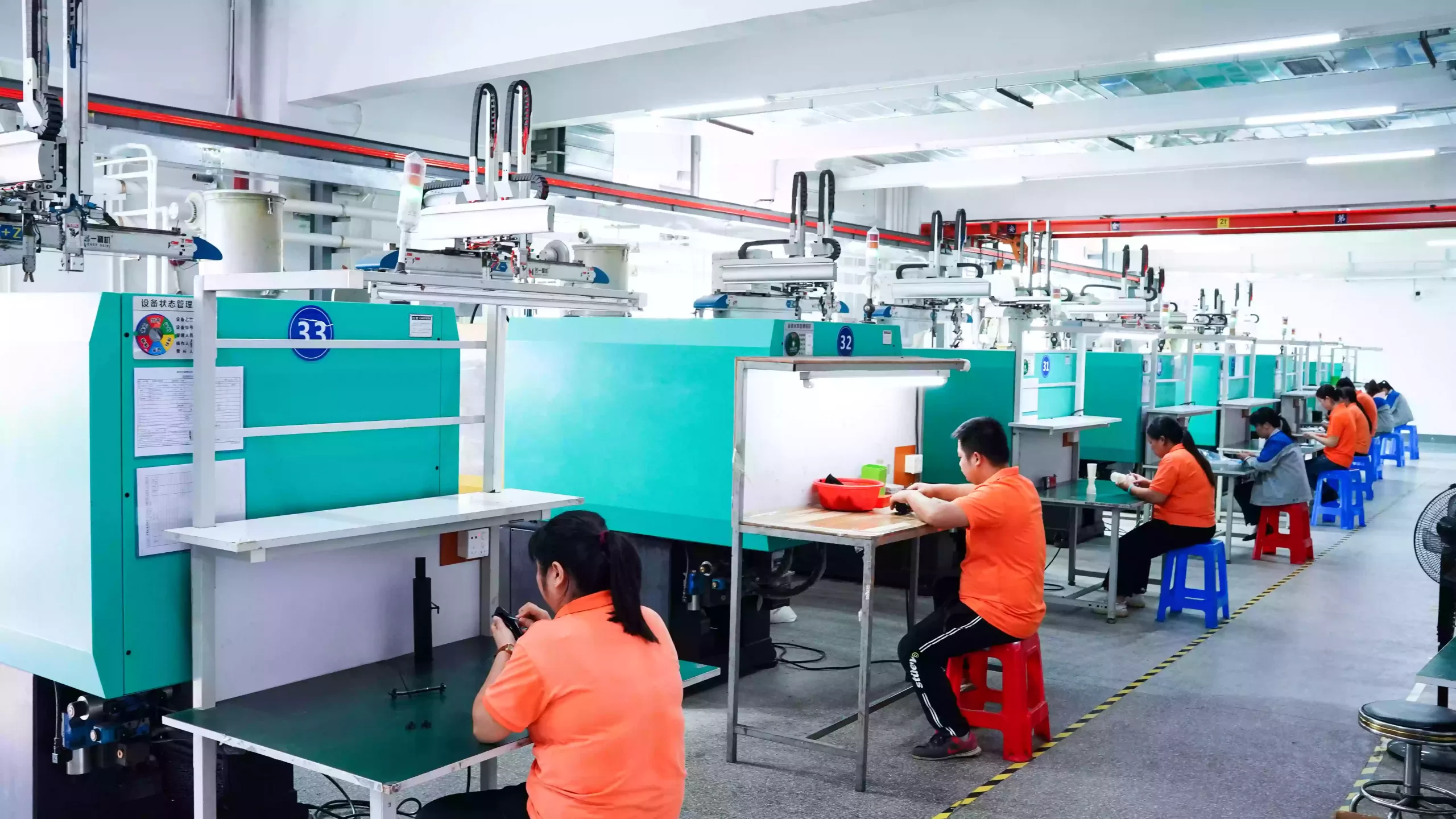Insert Molding Services
Insert Molding is the process of molding plastic around non-plastic parts to create one part. RJCMold has almost 20 years of experience insert molding and has the equipment and knowledge for all custom insert molding needs and solutions.
Our capabilities match up perfectly for customized medium/low volume components and devices in many industries including medical and industrial.


About Insert Molding
Insert molding is the process of injection molding molten plastic around any substrate or insert.
Many substrates are used in insert molding, but brass threaded inserts and bushing are the most popular. In addition, many companies make custom inserts that can be insert molded.
Did you know you can insert mold plastic parts? This process is called over-molding, and it lends itself when you need two or more different materials in the same part.It is left up to the imagination when deciding what type of inserts can be over-molded.
Furthermore, RJC is one of the few injection molding companies that offer over-molding and insert molding services.

Our insert molding presses range from 55 to 300 tons and are supported by on-press vision inspection systems, which check inserts for proper placement. If any part is not properly positioned, the system prevents the press from proceeding. This ensures the inserts are properly placed and protects the mold from damage.
Insert Molding Services From RJCmold
Insert molding combines plastics and metals into a single assembly. The process of insert molding reduces assembly and labor costs while increasing design flexibility and part performance.
Our vertical injection machines with rotary tables allow us to over mold and encapsulate inserts for electrical circuitry, fastening, and connecting. Common insert molded products include sensors, switches, connectors, and actuators.
RJCmold’ insert molding capabilities include manual and fully automated operations, with additional secondary forming, blanking, and 100% hipot and continuity testing.
Insert Molding from Prototyping to Production
RJCmold Insert Molding Capabilities
RJCmold insert molding solutions manufacture parts with different functional and aesthetical needs.
These guidelines will help improve part manufacturability, reduce lead time, and improve the part aesthetics.You can check the following standard design considerations:
| Standards | Metric Units | Imperial Units |
|---|---|---|
| Maximum Part Size | 800×1000×400mm | 31.50×39.37×15.75in. |
| Minimum Part Size | 2×2×2mm | 0.08×0.08×0.08in. |
| Substrate Wall Thickness | From 0.5 to 3mm | From 0.20 to 0.12 in. |
| Tolerance | +/- 0.025 mm | +/- 0.00098 in. |
| Inserts | Inserts can be female and male. They both can improve a product’s appearance and utility. | |
| Mold Validation | Provide T0, T1, T2 samples before mass production | |
| Inspection and Certification Options | First Article Inspection, ISO 9001, ISO 13485 | |
| Lead Time | From mold making to sample delivery: 15-45 business days |
Partner with RJC for custom insert molding
RJC offers insert molding as part of its injection molding capabilities. For a free insert molding design review and quote, please provide us with your CAD files. Our team of injection molding experts will get back to you within 24 hours. If you would like to learn more about our injection molding capabilities, please contact us for a design guide. If injection molding isn’t the best option for you, you can also try our polyurethane casting or 3D printing.
Insert molding is an injection molding process that is especially useful for parts with threaded holes. It also helps you make better wheels, pulleys, fan blades, and similar parts.
Insert Molding Advantages
- Durability: Metal inserts will guarantee thread function and mitigate wear and tear over the part’s life.
- Strength: Because it’s a “one-shot” process, insert molding can produce more vital parts than overmolding and other processes.
- Creating Production Parts: Insert molding is great for creating prototypes and production parts.
-
The benefit to insert molding is that parts can be mass-produced faster than whole machining parts out of metal.
Even though insert molding adds to the cycle time (typically 15 seconds per insert), it is still much faster than CNC machining a part from a solid block.
Furthermore, by insert molding metals where necessary and replacing the rest of the part with plastic will, in turn, reduce the overall weight of the part.
Materials for Insert Molding
We provide a wide range of materials for thermoplastic and inserts that can help you make insert molded parts of different industrial applications. Below are the materials used in custom plastic insert molding and common examples.
Finishing
We offer multiple finishing options to complete the products made with the insert molding process. You can choose from any of the following depending upon your application’s requirements:
Done correctly, insert molding can help
- Eliminate assembly: You can make parts all at once instead of doing assembly after the fact.
- Reduce costs: Insert molding costs more than standard injection molding, but the costs are usually offset because you no longer need to do post-assembly.
- Lower the size and weight of the part: A plastic part with a metal insert is generally lighter than an all-metal part.
- Improve reliability: Metal inserts will guarantee thread function and mitigate wear and tear over the part’s life.
- Improve part strength: Because it’s a “one-shot” process, it can produce more substantial parts than overmolding and other processes.
Insert molding is a key fabrication process across many industries and offers a wealth of benefits. RJCmold is a full-service, custom injection molding provider that works with a variety of high-performance engineered thermoplastics.
We operate the latest automation and molding equipment, which allows us to compete on an international scale.Contact us today to learn more about our insert molding services, or request a quote to get started on your solution.
Insert Molding Applications
Plastic insert molding is applicable in making prototypes and full products in several industries. Key industrial applications of insert molding include:


